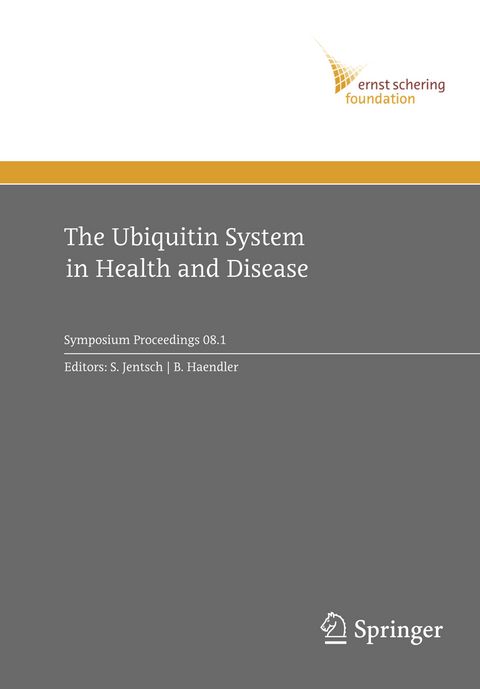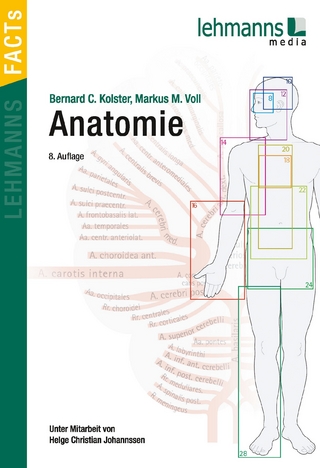
The Ubiquitin System in Health and Disease
Springer Berlin (Verlag)
978-3-642-09880-2 (ISBN)
Crosstalk Between the SUMO and Ubiquitin Pathways.- A Tale of Two Giant Proteases.- Molecular Genetics of the Ubiquitin-Proteasome System: Lessons from Yeast.- Less Is More: How Protein Degradation Regulates Muscle Development.- Transcriptional Control and the Ubiquitin-Proteasome System.- Ubiquitination of Myc: Proteasomal Degradation and Beyond.- Regulation of Apoptosis and Cytokinesis by the Anti-apoptotic E2/E3 Ubiquitin-Ligase BRUCE.- Dissecting Roles of Ubiquitination in the p53 Pathway.- Regulation of T Cell Differentiation and Allergic Responses by the E3 Ubiquitin Ligase Itch.- Approaches to Discovering Drugs that Regulate E3 Ubiquitin Ligases.- Inhibiting Hdm2 and Ubiquitin-Activating Enzyme: Targeting the Ubiquitin Conjugating System in Cancer.
| Erscheint lt. Verlag | 25.11.2010 |
|---|---|
| Reihe/Serie | Ernst Schering Foundation Symposium Proceedings |
| Zusatzinfo | XVI, 191 p. 39 illus., 32 illus. in color. |
| Verlagsort | Berlin |
| Sprache | englisch |
| Maße | 130 x 210 mm |
| Gewicht | 241 g |
| Themenwelt | Medizin / Pharmazie ► Allgemeines / Lexika |
| Medizin / Pharmazie ► Pharmazie | |
| Medizin / Pharmazie ► Studium ► 1. Studienabschnitt (Vorklinik) | |
| Naturwissenschaften ► Biologie ► Biochemie | |
| Schlagworte | enzymes • Post-translational modifications • Proteasome • therapy • Ubiquitin |
| ISBN-10 | 3-642-09880-0 / 3642098800 |
| ISBN-13 | 978-3-642-09880-2 / 9783642098802 |
| Zustand | Neuware |
| Haben Sie eine Frage zum Produkt? |
aus dem Bereich


